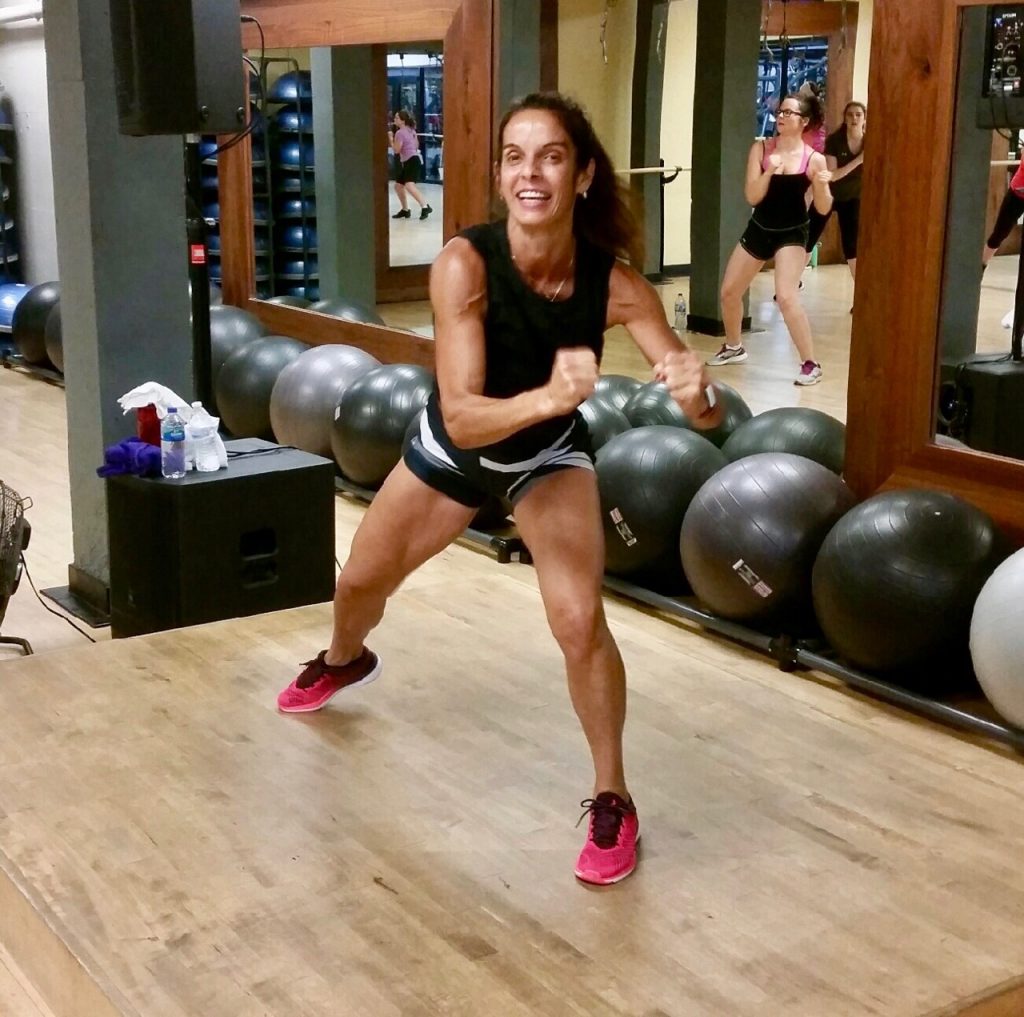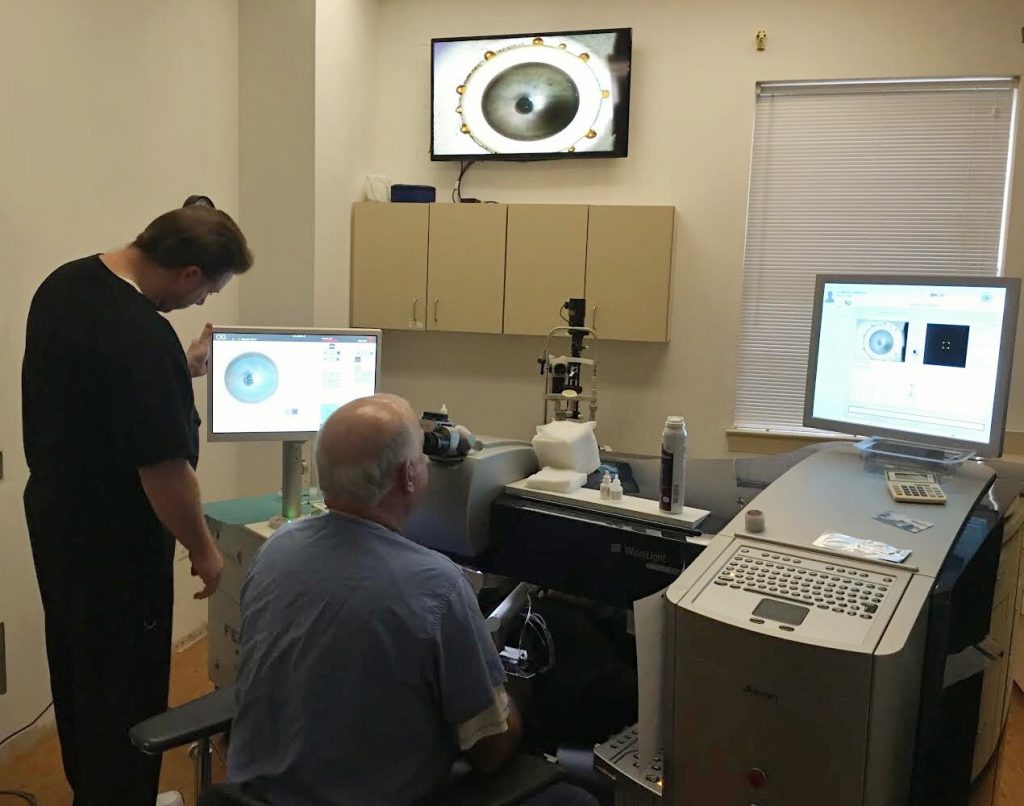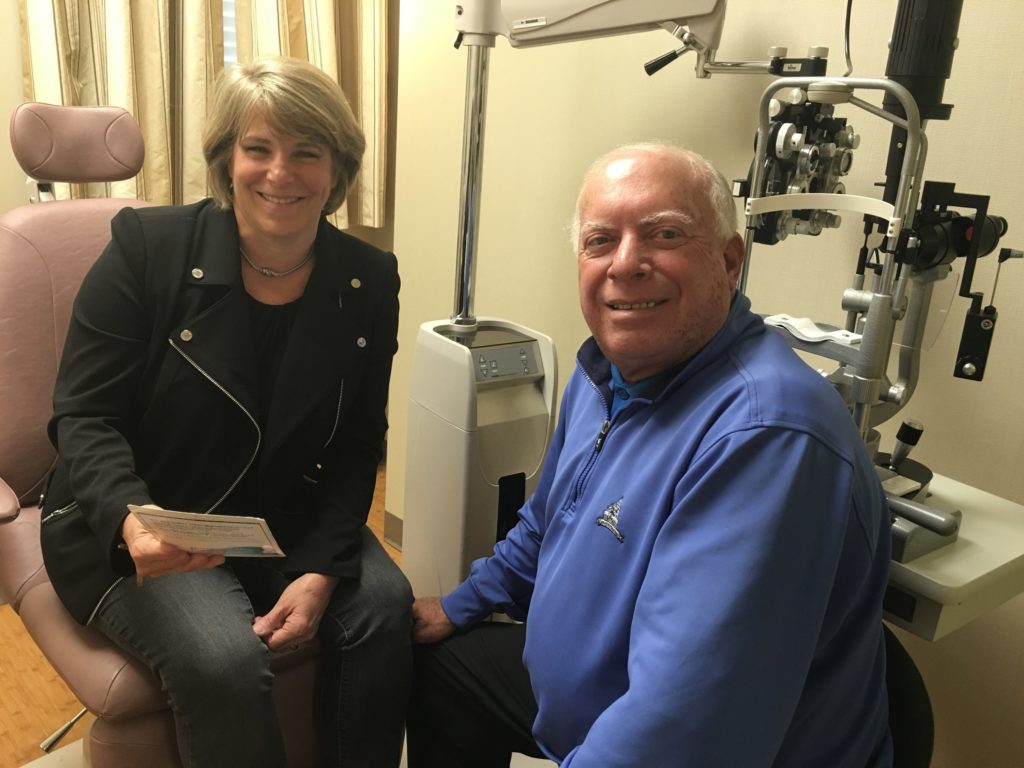Laser Vision Correction – or LASIK – is a surgical procedure that uses a laser to correct common vision problems like nearsightedness, farsightedness, presbyopia and/or astigmatism. LASIK reshapes the surface of your cornea to match your exact prescription. The procedure was first FDA approved in 1996. Technology has advanced making it an extremely safe and precise procedure.
Dr. Shilpa Rose of Whitten Laser Eye in Washington, D.C. says LASIK is an easy and safe procedure, “it takes less than 15 minutes to perform, with minimal to no discomfort. The recovery is less than one day. Most people can drive themselves to their appointment the next day and return to work”.
A good candidate for LASIK must be at least 18 years of age, have a stable refraction and healthy corneas. Generally, you only need to be out of your contact lenses for one week before the procedure. People who have dry eyes and have been unable to wear contact lenses in the past do really well after laser vision correction. In fact, studies have now shown that laser vision correction has lower long term risks compared to years of contact lens wear. Contact lens wear has a high risk of infection, especially for people who sleep in their lenses and do not change their lenses regularly.

Dr. Mark Whitten of Whitten Laser Eye, a nationally recognized eye surgeon says, “LASIK is more precise than contacts or glasses because you can treat the exact prescription, and get better depth perception because you are dealing with the actual cornea instead of putting glasses on top of the eye. If you play any type of sports and have an active lifestyle, glasses and contacts can be cumbersome any irritating. LASIK is a great option”.
Summers at the pool and beach are more enjoyable without the hassle of contacts, glasses and prescription sunglasses. People with astigmatism generally do better with laser vision correction than contact lenses and glasses. Newer treatments for dry eyes and meibomian gland dysfunction can now be used to optimize your ocular surface before LASIK and improve recovery dramatically.
For people over 40, newer procedures can help with both distance and reading. As we age, the lens inside the eye becomes hard and does not like to bend, which is presbyopia. Raindrop Near Vision Inlay can be an excellent option for those who want to decrease their dependency on reading glasses. Raindrop is a LASIK like procedure that can be combined to also correct distance vision. Raindrop can also be performed on people who have had prior LASIK.
Dr. Rose points out that everyone will inevitably develop cataracts, just like grey hair and wrinkles. The lens inside the eye becomes hard and loses its clarity and ability to focus light well. Cataracts can be seen as early as age 40-50. Newer lens implant choices are now available to reduce or eliminate the need for glasses. Cataract surgery has advanced over that last few decades. It is a 15-minute outpatient procedure. It is very safe and can provide a quick recovery, with most people driving and returning to work the next day.

There are many vision correction options, but it’s important to talk to a doctor about what’s right for you:
- Glasses (single vision, bifocals, progressives, reading glasses)
- Contact Lenses (soft, rigid, daily, monthly, multifocal, monovision)
- LASIK for distance vision
- Blended Vision LASIK for people who want some reading ability
- Monovision LASIK for more reading ability
- Raindrop Near Vision Inlay with or without LASIK to correct distance and reading
- Refractive Lens Exchange
- Cataract Surgery with monofocal lenses, multifocal lenses or monovision

Dr. Whitten says vision correction is life changing for most people. LASIK and cataract surgery are safe and excellent options for many. PRK (photorefractive keratotomy) and the newer SMILE procedure are also options. A refractive consultation can help customize a treatment plan for each individual. Says Whitten, “Each patient is different and the choice is based on age, lifestyle, eye health and visual needs and expectations. It is important to understand all your options, risks and benefits. As with all procedures, extensive surgical experience is imperative to help ensure the best outcome”.
Visit Drs. Mark Whitten and Shilpa Rose’s website here.







